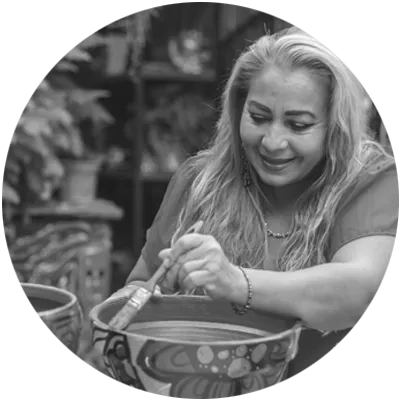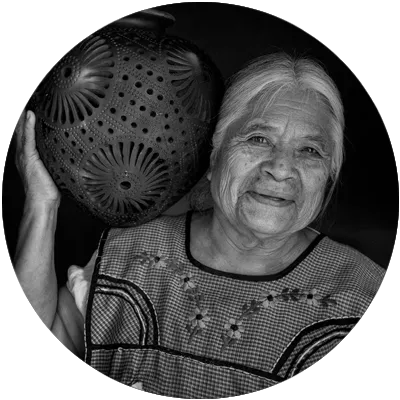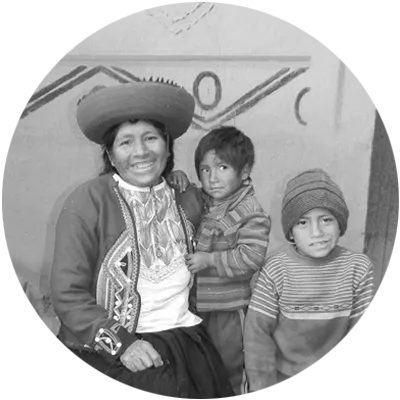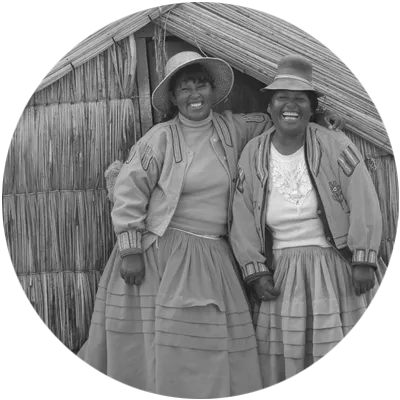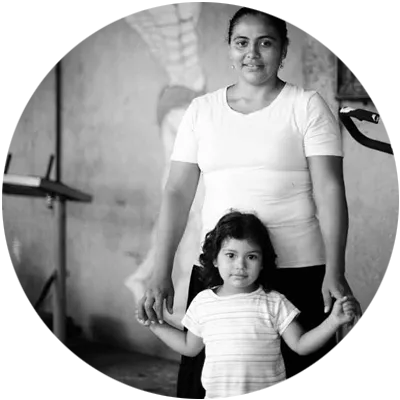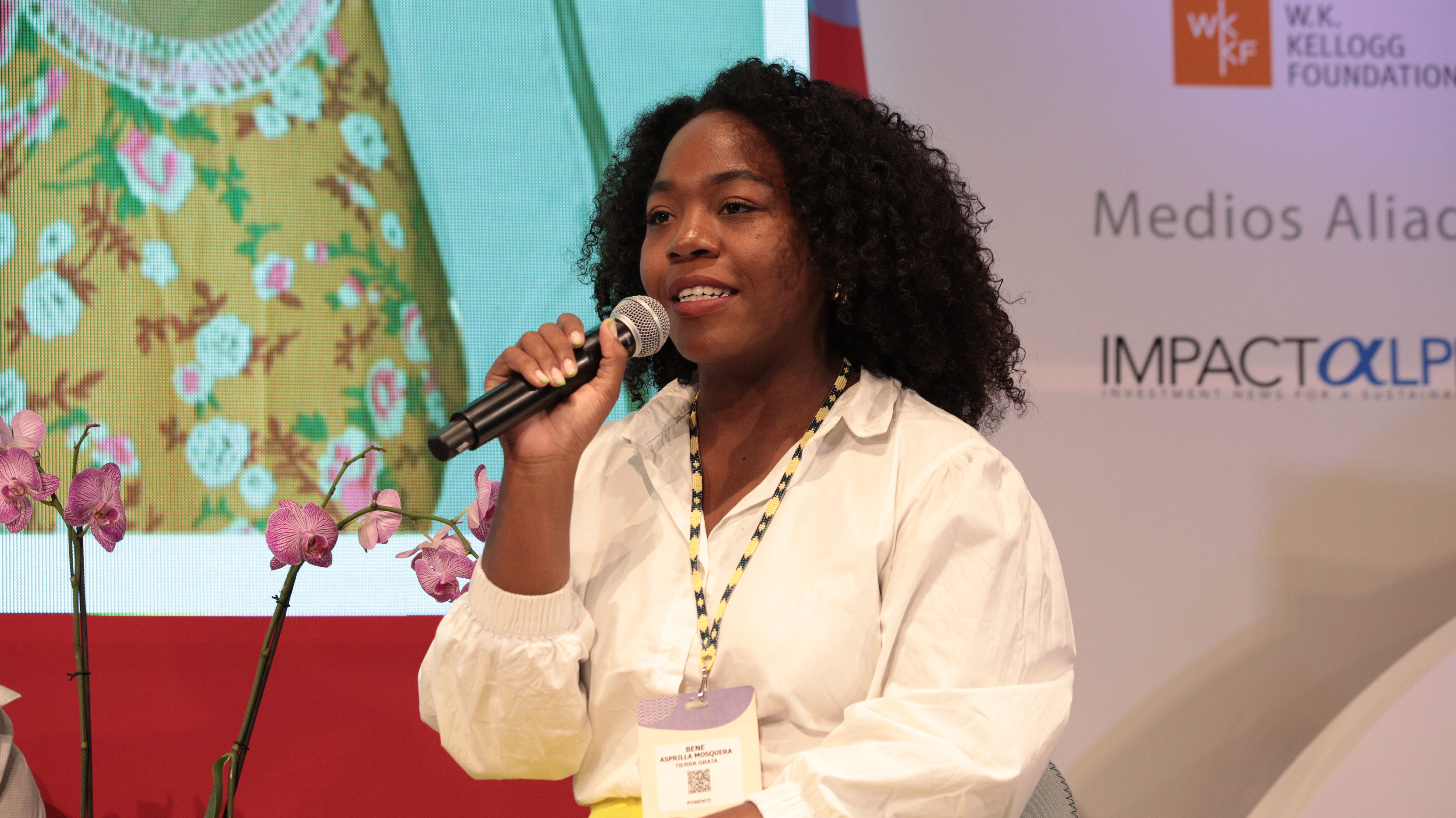For the first time, all regions of the world have surpassed the 30% mark for women in executive positions, with Latin America achieving a 2-point increase from 35% to 37%, according to the latest Women in Business report. These advancements, though promising, are somewhat fragile. According to consultancy firm McKinsey the trend of the “Great Breakup” continues, proving that for every woman manager promoted to the next level, two female directors choose to leave their company. This means that women at the executive level are departing at a rate higher than in previous years, and significantly more so than their male counterparts.
This can be attributed to several factors, including the microaggressions many women in executive positions face that undermine their authority. Often overlooked for advancement opportunities, their efforts are unrecognized when they strive to create inclusive environments, or because the companies they work for are not committed to the well-being of their employees.
Promoting female leadership through an intersectional gender lens has multiple benefits: it fosters innovation, development, empathy, profitability, and work quality, strengthens company values, enhances impact and business, and also enables more women to reach decision-making positions.
Key actions to boost women in executive roles
Eradicating gender stereotypes
The barriers women face in accessing managerial roles in the productive market are closely linked to prejudices regarding gender-attributed capabilities. Argentine author Alejandra Marcote, in her book “How to Transform Impostor Syndrome into your Ally,” explains how these preconceptions about women’s abilities are often why they more frequently experience “impostor syndrome” in leadership positions:
“The lack of social expectations for us to occupy certain workspaces, historically held by men, can be particularly limiting: so that when we do reach them, we not only internally feel we are not up to par but are also externally measured by a ‘double standard’.”
It is essential, then, to actively work to eliminate unconscious gender stereotypes at the organizational level. It is also crucial to foster co-responsibility among all teams in pursuit of diversity and inclusion.

Promoting inclusive and intersectional leadership
Access to leadership positions is even more challenging for women of color, according to the previously cited McKinsey survey. In 2023, for every 100 men who were promoted from entry-level to managerial, 87 women were promoted. For African-American women, the numbers were less favorable than the previous year: 73 women from this group were promoted to managerial levels for every 100 men, compared to 82 women last year.
Promoting female leadership from an intersectional, diverse, and transformative gender perspective is crucial for achieving equality and inclusion sustainably over time, capitalizing on institutional, social, and economic benefits.
Actively promoting female leaders
To crystallize a transformation in the organizational gender paradigm, it is necessary to actively promote the benefits of mainstreaming the gender perspective and advancing toward the establishment of inclusive leadership both within and outside the organization.
“I am convinced that I would not be here if other women had not put me in this place,” said Luz Marina Velasquez, Vice President of Human Talent at Seguros Sura, at a panel on women in leadership positions at the GLI Forum Latam 2023, reflecting on how the encouragement from previous female leaders brought her to her current position.

Institutionalization of inclusive policies
To ensure longevity, it is necessary to foster workspaces with bias-free policies and processes, develop institutional processes that support women’s leadership, and understand the specific needs of individuals rather than generalizations.
Marlene Molero Suárez, CEO and Co-founder of ELSA, at the GLI Forum Latam 2023, discussed how her organization ensures that women are considered beyond their work roles, also caring about their personal experiences:
“People cannot dissociate from the extracurricular environment, and this impossibility is much more latent in the case of women, where the private and public coexist.”
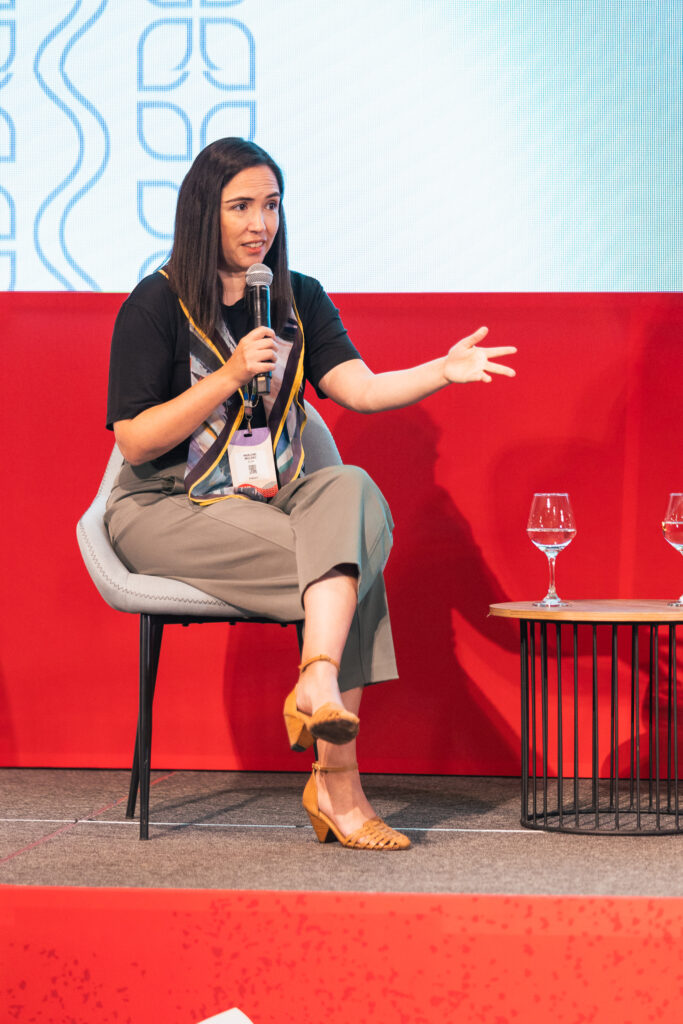
GLI Forum Latam: A hub for advancing gender equality
From June 4 to 6, ey players from the investment, entrepreneurial, academic, and NGO sectors will gather at the GLI Forum Latam 2024 to engage in powerful conversations and generate concrete ideas that position Gender Lens Investment as an effective mechanism to advance towards gender equality.
One of the main themes: “Women in Leadership” will feature panels, learning circles, and inspiration capsules aimed at how to encourage more women to reach decision-making positions in organizations. Proposals and strategies from the conversations at the GLI Forum 2023, which took place in Medellín, Colombia, and involved 150 specialists and 550 attendees from 24 countries across the region, will be further explored.
The main takeaway from the forum regarding female leadership is that progress towards gender equality in the workplace cannot be achieved without a holistic view that sees people at work as whole human beings, considering a balance between personal and professional life.

Learn more about the GLI Forum Latam 2024: https://gliforumlatam.com/.
About Pro Mujer
Pro Mujer is a social enterprise that has been providing services and tools to women in Latin America for over 34 years, enabling them to reach their full potential, improve their living conditions, and become change agents in their communities.
It operates through a holistic and comprehensive model aimed at expanding women’s access to healthcare, increasing their financial inclusion, and providing training opportunities. Pro Mujer’s work is closely aligned with the United Nations Sustainable Development Goals (SDGs) and delivers tangible results in SDGs 1, 3, 4, 5, 8, 10, 11, and 16.
For more information, visit www.promujer.org


